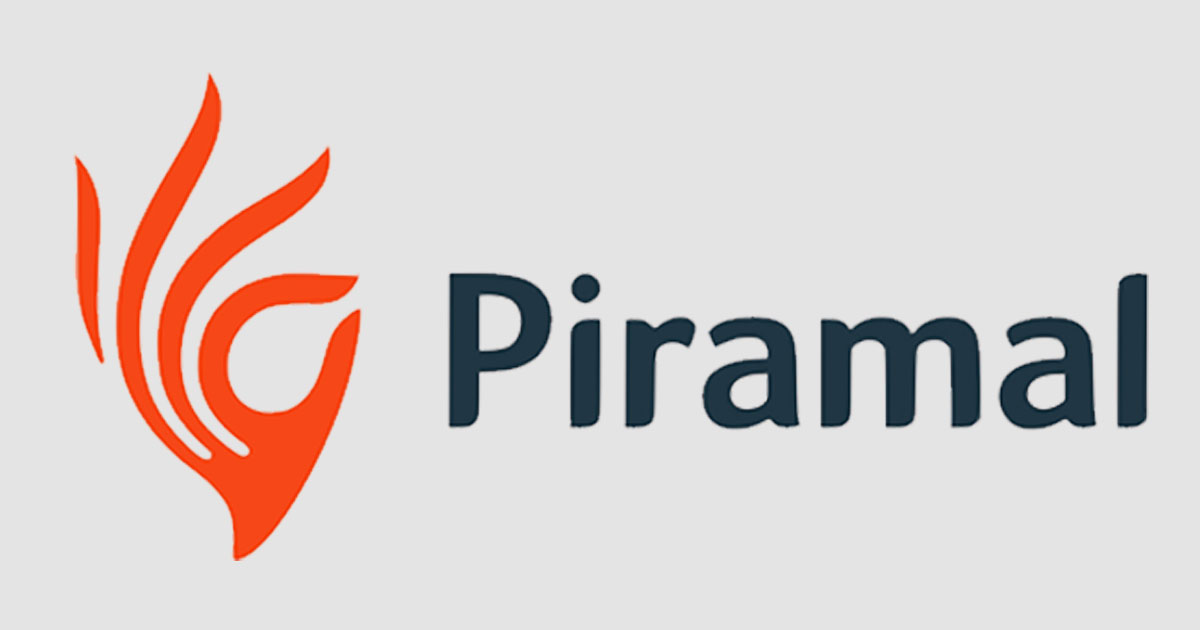Western drugmakers pivot to India as tensions with China prompt supply chain shifts
27 Nov 2023

In a strategic move to reduce dependence on Chinese contractors in drug production, global pharmaceutical companies are turning to Indian manufacturers. This would initiate a significant shift in the industry landscape.
For nearly two decades, China has been the preferred hub for pharmaceutical research and manufacturing services. This is due to the cost-effectiveness and rapid production capabilities offered by contract drugmakers. However, recent geopolitical tensions and the call to "de-risk" supply chains from China have prompted Western drugmakers to explore alternative options.
Due to recent political developments, there have been discussions of reconsidering the relationship between the pharmaceutical industry and Chinese contractors. The U.S.-China trade war and disruptions caused by the COVID-19 pandemic initially had minimal impact, but increasing tensions have triggered a shift in perspective.
Some biotech companies are now turning to Indian manufacturers, such as Syngene, Aragen Life Sciences, Piramal Pharma Solutions, and Sai Life Sciences, to produce active pharmaceutical ingredients (API) for clinical trials and other outsourced work. Executives from these Indian firms report a rise in interest and requests from Western pharmaceutical companies, including major multinationals.
Tommy Erdei, global co-head of healthcare investment banking at Jefferies, expresses a hesitancy to collaborate with Chinese companies, asserting that he does not wish to inquire further. He emphasizes that cost-effectiveness is irrelevant to him, asserting that he would not commence placing his product in China.
Dr. Ashish Nimgaonkar, founder of Glyscend Therapeutics, agrees with this statement, emphasizing that China has become a less attractive option for its operations.
Indian contract development and manufacturing organizations (CDMOs) acknowledge the increased interest, with some customers considering India as a second source alongside China for manufacturing. The full benefit for these Indian manufacturers may not be immediate, but strong profit growth has already been reported by several firms.
While the shift to Indian manufacturers is gaining momentum, challenges persist. Chinese CDMOs have a stronghold on biologic drug manufacturing, requiring a higher threshold of regulatory approval. Additionally, concerns over lax oversight in India persist, as highlighted by a U.S. FDA warning earlier this year.
India is actively seeking a larger share in the pharma services sector to boost its $42 billion pharmaceutical industry. Despite concerns, Indian CDMOs project strong revenue growth, with estimates suggesting an annual growth rate of over 11% over the next five years.
As Western drugmakers reevaluate their supply chain strategies, the pharmaceutical industry is witnessing a paradigm shift. India's emergence as a viable alternative to China signifies not only a change in business dynamics but also reflects broader geopolitical considerations shaping the global pharmaceutical landscape.




















